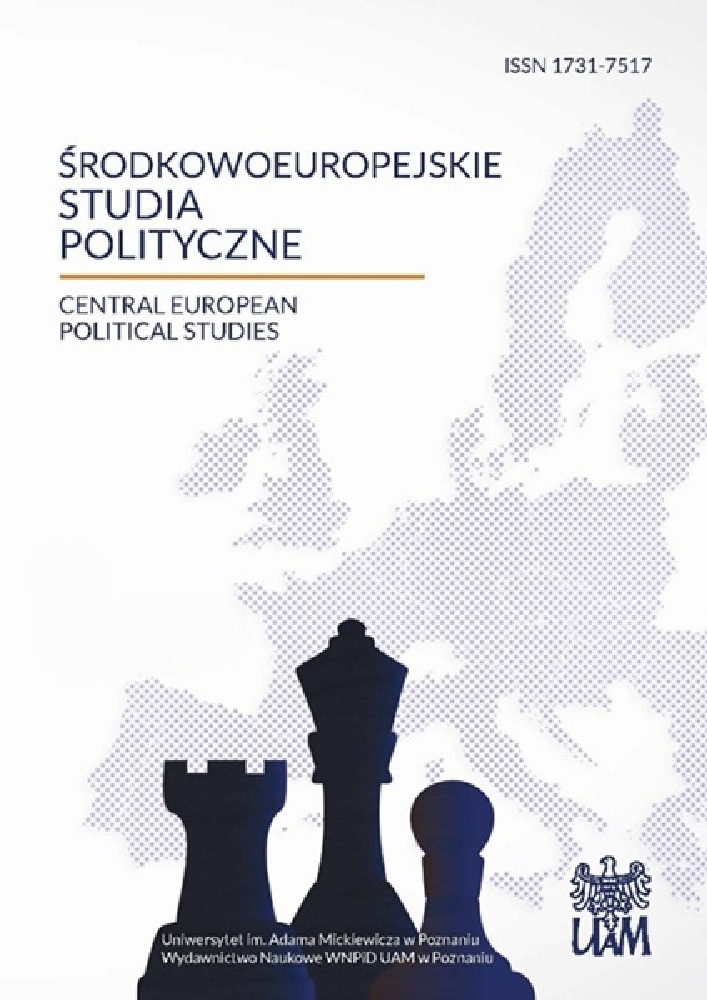Abstrakt
The events that took place in Ukraine in November and December 2004 entered history as the ‘Orange Revolution.’ The accuracy of the notion of ‘revolution’ in this case raises certain doubts, though. The absence of fundamental alterations in the social and political system of the state does not allow us to describe these events as revolutionary. The emergence of national conscience, political will and the qualitative change of the entire society’s legal culture, all of which have obviously taken place there, are considered to be another step in Ukrainian evolution towards democracy. Referring to the ‘figure – ground’ principle of the Gestalt theory it can be claimed that in 2004 the need for freedom of speech promoted democracy as ‘the figure’ against‘the ground’ of economic needs that were fulfilled at a sufficient, albeit not the highest level. Having achieved its objective the society began to feel a deficiency of basic needs. When the ‘orange’ authorities failed to meet its expectations, the society lost confidence in them, and in the presidential elections of 2010 gave the ‘white-and-blues’ the chance to implement changes and build a competitive economy in the country.Licencja
Copyright
© 2010, Uniwersytet im. Adama Mickiewicza w Poznaniu, Wydawnictwo Naukowe Instytutu Nauk Politycznych i Dziennikarstwa
OPEN ACCESS
